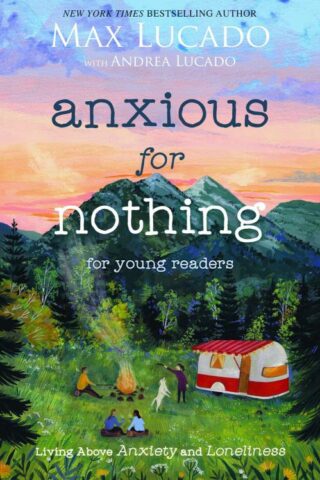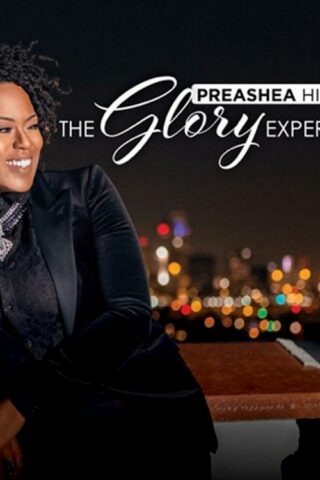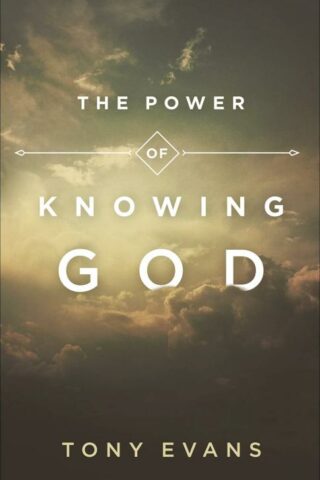Store Hours: Mon-Thur, 10am-6pm, Fri 10am-3pm, Sun 9am-2pm
Mon, Tue & Thur. 10 am - 6 pm,
Wed, 10am-7pm , Friday 10am - 3pm, Sunday 9am-2pm
Category
- Impulse
- Misc. Gifts
- Uncategorized
- Apparel
- Audio Books
- Bibles
- Bibles (Other Language)
- Bibles (Spanish)
- Book and Bible Accessories
- Books
- Books ( Spanish)
- Adult Ministries
- Allegorical Fiction
- Apologetics
- Archaeology
- Atlases Charts and Maps
- Bible Personage
- Bible Story Books
- Bible Studies
- Biblical Studies
- Biographies
- Caregivers
- Charismatic Interests
- Children
- Children's Ministries
- Church Administration
- Commentaries
- Communion
- Contemporary Fiction
- Cults and The Occult
- Denominational Concerns
- Discipleship
- Encouragement and Lay Counseling
- Ethics
- Faith
- Family Concerns
- Fantasy
- Fiction
- Handbooks
- Healing
- Health and Diet
- Hermeneutics
- Historical Fiction
- Hobbies and Leisure
- Home Schooling
- Inspirational
- Juvenile
- Leadership
- Love and Marriage
- Marriage Difficulties
- Men
- Parenting
- Pastoral Helps
- Personal Finance
- Pneumatology (Theology of the Holy Spirit)
- Politics
- Prayer
- Preaching
- Program Resources
- Prophecy
- Quotes and Fillers
- Recovery
- Self Help
- Senior Adult
- Single Living
- Social Issues
- Spiritual Warfare
- Stewardship
- Suspense Fiction
- Teen
- Theology (Exegetical Historical Practical etc.)
- Youth Ministry
- Activity Books
- Adventure Fiction
- Aging
- Angelology
- Biblical Fiction
- Biblical History
- Business
- Character Development
- Christian Living
- Christmas
- Classic Books
- Dating and Sex
- Death and Dying
- Devotional
- Eschatology (End Times)
- Essays
- Evangelism
- Family Entertainment
- Fathering
- Futuristic Fiction
- General Fiction
- Gift Books
- Grief and Consolation
- Humor
- Journals
- Juvenile Fiction
- Lent
- Manners and Customs
- Marriage Preparedness
- Missions
- Mothering
- Multi-Cultural
- New Christian Advice
- Philosophy
- Picture Books
- Psychology
- Puzzles and Games
- Revival
- Romance Fiction
- Salvation
- Science and Faith
- Sermons
- Sexuality
- Short Stories
- Story Books
- Theology Proper (God The Father)
- Tracts and Booklets
- Trivia and Q&A
- Women
- Worship
- Books (Other Language)
- Church Supplies
- Food and Drinks
- Games and Toys
- Home Decor
- Jewelry
- Kitchen and Dining
- Novelties
- Paper Products
- Recorded Music
- Stationery and Cards
- Videos
- Vocal Trax
- Wall Decor











